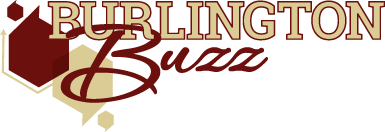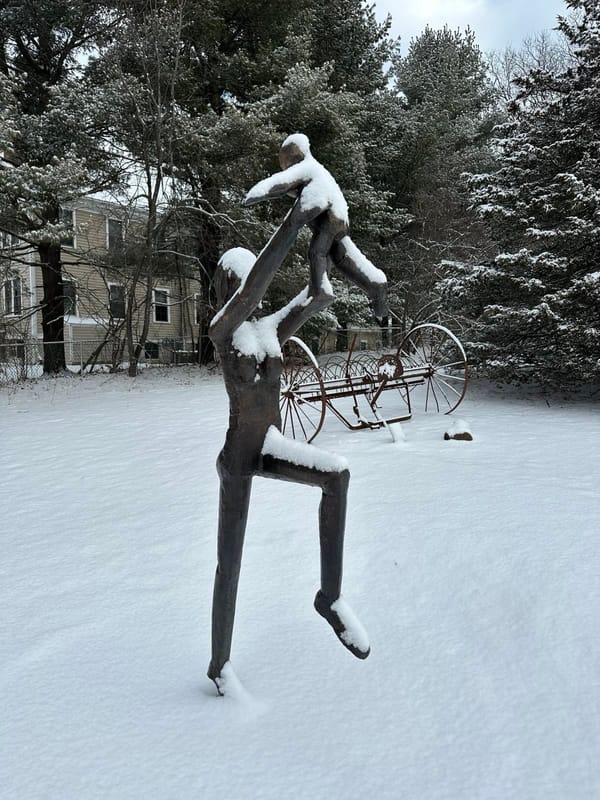Select Board Sets FY26 Tax Rate
After a special election where voters demonstrated their reticence about tax increases, the Select Board met about the new fiscal year's tax rate.

After Saturday's election, where 2/3 of voters opposed a ballot measure that would raise taxes on residents and business owners, the Select Board wasn't yet finished talking about taxes. At their November 17 meeting, the annual public hearing was held to determine the town's tax classification for the current fiscal year.
Each year after the town's budget, new growth, and free cash are certified, the tax levy (the amount that needs to be collected from residents and businesses) is set. Then, at this annual public hearing, the tax classification is agreed upon, thus determining the tax rate for the new fiscal year. This year's tax levy is $156 million, which is $15 million below what the town could raise in taxes according to state law.
Assistant Town Administrator Patrick Lawlor provided an overview of Burlington's split tax rate system, which applies different rates to residential properties versus commercial, industrial, and personal (CIP) properties. His presentation highlighted how residential values have grown over the past decade, now making up 64% of taxable property compared to 62% ten years ago. Overall, Burlington's total property values have increased by 84% ($4.6 billion) during this period.
The average single-family home value in Burlington has jumped by about $220,000 in just five years, reaching $820,300. Despite this increase, Burlington homeowners pay significantly less in taxes than many neighboring communities. The average single-family tax bill in FY25 was $6,733, nearly $1,000 below the statewide average of $7,275 and much lower than comparable communities ($10,433). This advantage stems from Burlington's strong commercial sector and careful management of tax levy growth over the last half-century.
At $8.66 per thousand in assessed value, Burlington's residential tax rate is currently one of the lowest among neighboring communities, second only to Woburn.
The Board reviewed several options for the residential factor, which determines how the tax burden is distributed between residential and commercial properties, and ultimately chose the one that would impact residents the least. Board members expressed concern about financial pressures on residents, particularly after the recent failed high school building vote. Nick Priest noted that "residents are scared" about taxes and inflation, emphasizing the need to be extra thoughtful with spending.
The new tax rate for residents is only a very slight increase over last year's $8.66 rate at $8.69 per thousand in assessed value. That amounts to a residential factor of just over 58%, with the rest being made up by commercial, industrial, and personal property tax.
The presentation also covered tax relief options for residents, especially seniors. The Board expressed interest in exploring these options further in upcoming meetings. Current options can be found on the Treasurer's website.





